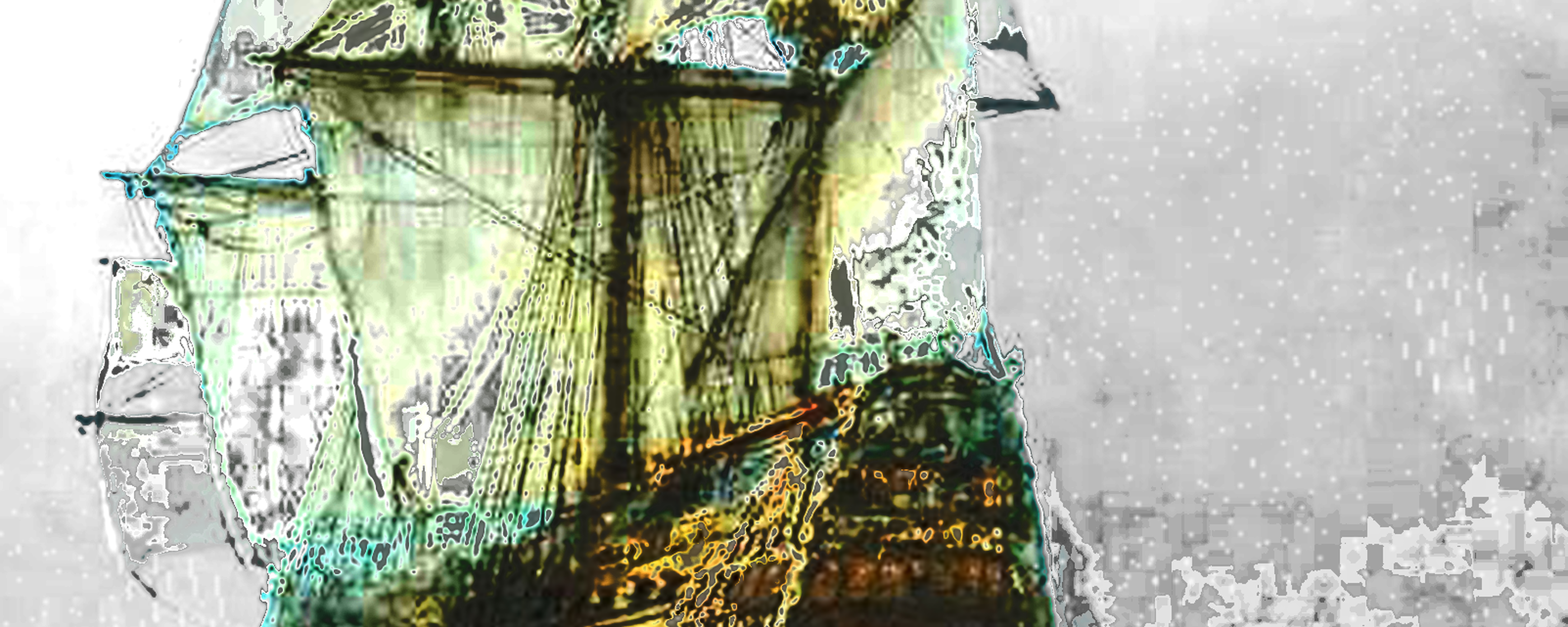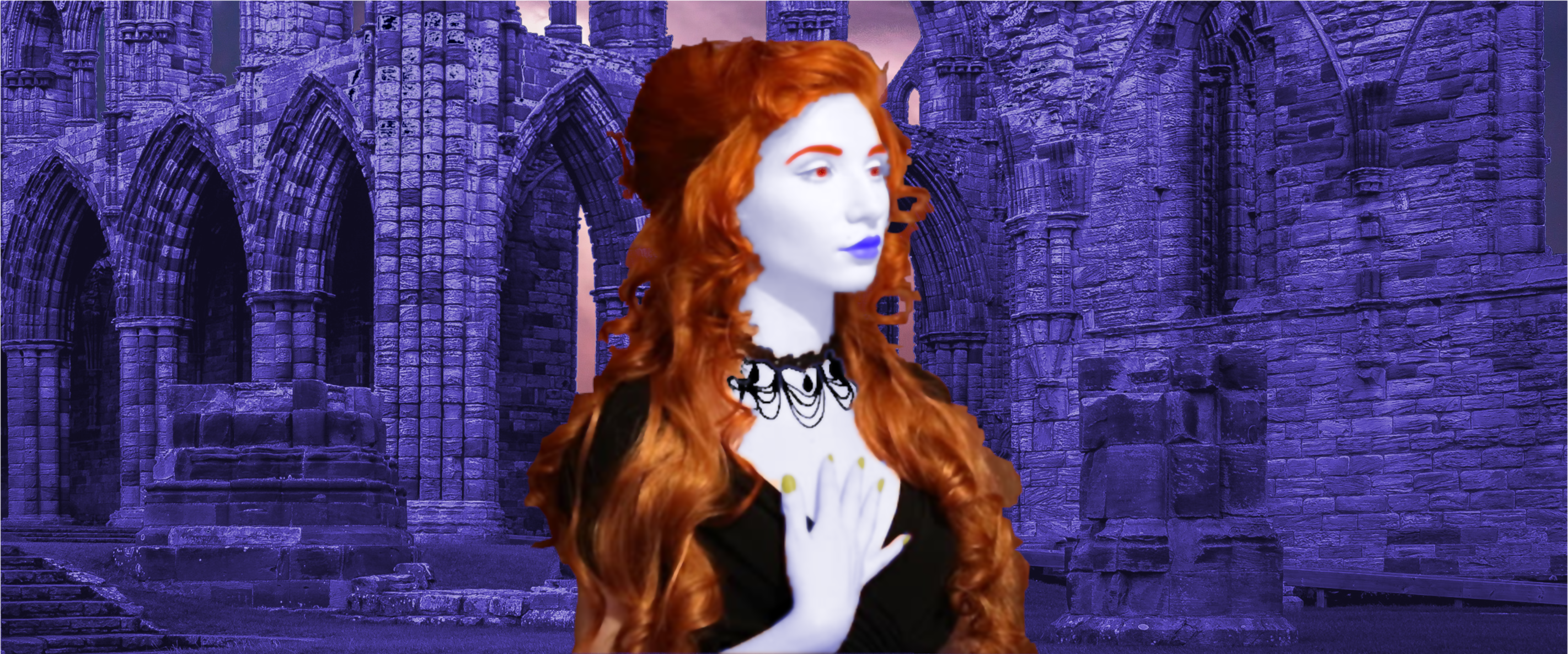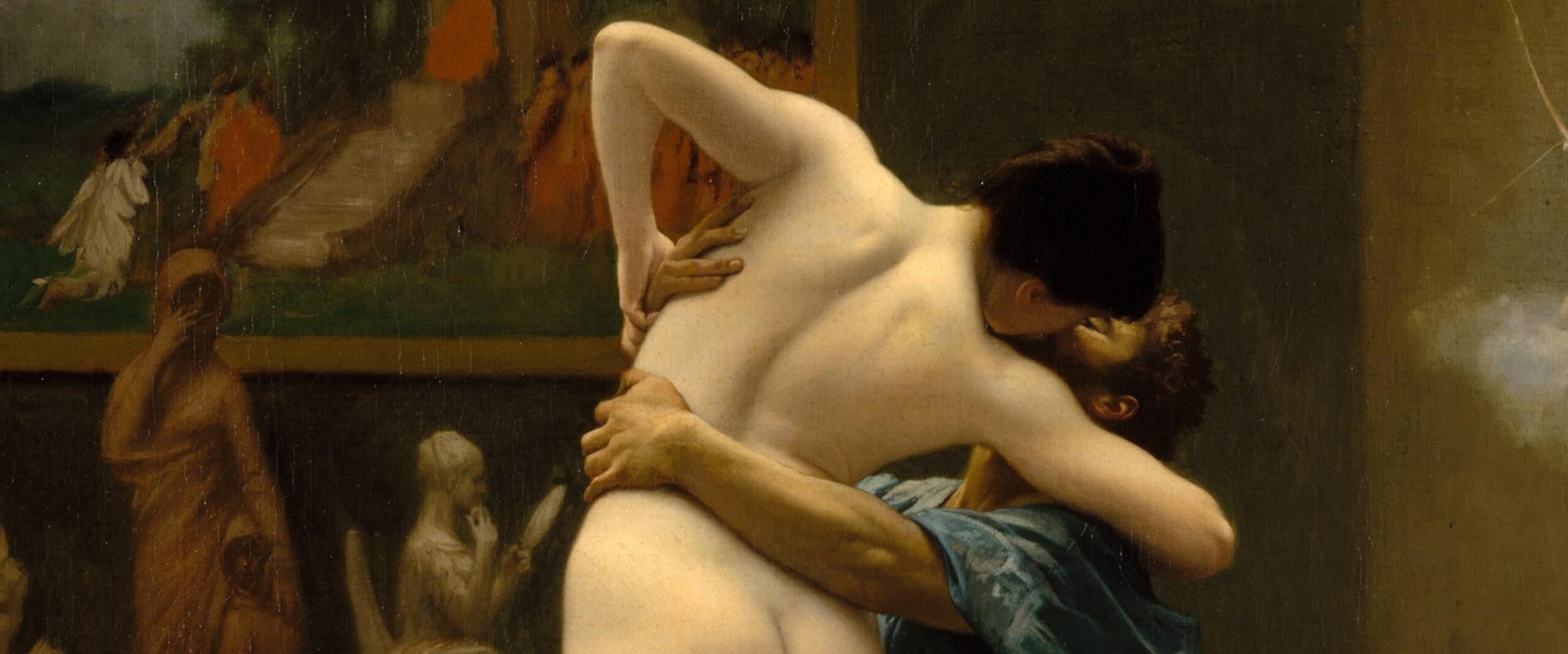Harry Tranker took Drago’s case as a break from the monotony of his normal caseload. It seemed a smart move until it took him to the Silvergrey Sea.
Leaving mappable reality was not the kind of excitement he had in mind.
A kind of fantastic or non-realistic fiction that crosses conventional genre boundaries between science fiction, fantasy, and literary fiction. The term was coined by cyberpunk author Bruce Sterling in an article originally published in SF Eye #5, in July 1989. He wrote:
•
“… this is a kind of writing which simply makes you feel very strange; the way that living in the twentieth century makes you feel, if you are a person of a certain sensibility.”
•
Slipstream fiction has consequently been described as “the fiction of strangeness” or a form of writing that makes “the familiar strange or the strange familiar” through epistemological and ontological questionings about reality. Science fiction authors James Patrick Kelly and John Kessel, editors of Feeling Very Strange: The Slipstream Anthology, argue cognitive dissonance is at the heart of slipstream, and it is not so much a genre as a literary effect, like horror or comedy. Similarly, Christopher Priest, in his introduction to Anna Kavan’s genre-defying but arguably slipstream novel Ice, writes “the best way to understand slipstream is to think of it as a state of mind or a particular approach, one that is outside of all categorisation. … slipstream induces a sense of ‘otherness’ in the audience, like a glimpse into a distorting mirror.”
•
Slipstream falls between speculative fiction and mainstream fiction. While some slipstream novels employ elements of science fiction or fantasy, not all do. The common unifying factor of these pieces of literature is some degree of the surreal, the not-entirely-real, or the markedly anti-real. According to Kelly and Kessel, however, there are three basic characteristics of a slipstream narrative: it disrupts the principle of realism; it is not a traditional fantasy story; and, it is a postmodern narrative. As an emerging genre, slipstream has been described as nonrealistic fiction with a postmodern sensibility. (Wikipedia)

Harry Tranker took Drago’s case as a break from the monotony of his normal caseload. It seemed a smart move until it took him to the Silvergrey Sea.
Leaving mappable reality was not the kind of excitement he had in mind.

from ‘The Fate of Stars’
Jane had gotten in somehow so, there had to be a way out of here. This was a prison for her, whatever it had been designed for, and every prison had at least one exit.
A prison without an exit was a tomb.
Jane briefly considered the possibility that that was precisely what this was—an oubliette. A place to drop her in and forget her.

from ‘Nefastus Venereæ’ (Wicked Loves)
Beautiful. All I could think was—beautiful.
Puberty was some years off for me, but I knew things in an intellectual way.
This Lady brought home for me what some of those things must feel like.

from ‘The Fate of Stars’
John took careful steps toward the building, watching as rain shattered the mirrors of the puddles on the cobblestone path, golden worms of light wriggling in them.
Finally, a few feet from the door, he forced himself to look at the body recumbent on the steps.
It wasn’t Jane.
John took a quavering breath, realizing he’d been holding it for the last dozen paces.
It wasn’t Jane.
His twin must still be alive.

from ‘The Fate of Stars’
Brad had never been gone more than three months before.
Something certain told Dævara he wasn’t coming back.
That meant he was dead or captive. There could be no other reason.
She tried finding him with the Syrat, but her emotions where he was concerned were so intense and conflicted, all attempts came to naught
After weeks of agonizing, Dævara made her choice.
She packed up, said goodbye to her friends, and went looking for her lover.

from ‘The Silvergrey Sea’
[Drago] backed away as Dævara stepped out of the mound of cloth and bent from the waist to retrieve it.
She took her time.
The diminutive whore’s backside was poetry in flesh. A waist that couldn’t have been larger than twenty inches offset slender hips to increase her bum’s apparent tumescence…
…she turned back to her client. Her eyes were sparkling liquid fire. Dark red tresses worked their way around her shoulders, their curling ends brushing the pale blue areolas that capped her small teats.
Lamplight caught the silver sparkles dusting her white flesh as she moved in a way that would have put serpents to shame.
She wore no jewelry.
She needed none.

from ‘The Silvergrey Sea’
Harry Tranker is a Private Eye on a backwater moon.
Divorce and missing persons cases pay the bills, but they lack a certain thrill.
All that changes when a dead man asks him to solve his own murder.

from ‘The Fate of Stars’
Bradwold, tall and lean, had a weathered, angular face and was dressed in leather and chainmail, his square-toed boots plated with steel. A steel cap was under his left arm. Steel-backed gauntlets were tucked into a wide leather belt.
His eyes were a luminous green. Bradwold’s beauty was interesting until he smiled, then it was devastating.
Dæv felt a heat in her cheeks and upper chest that she hadn’t since those first heady days after her rebirth.

from ‘The Fate of Stars’
Like the many lovers Dævara had taken in the says since learning she was becoming an elf, flying was a glorious sensory revel.
Air driven past with gale force furrowed the skin of her teats, tummy, and thighs like the fingers of a sadistic masseur.
The air chilled her to the marrow, forced her limbs to splay behind her.
The wind pushed its thumbs into her eyes, squeezing tears out.
Her hair flogged her back.
It felt wonderful.